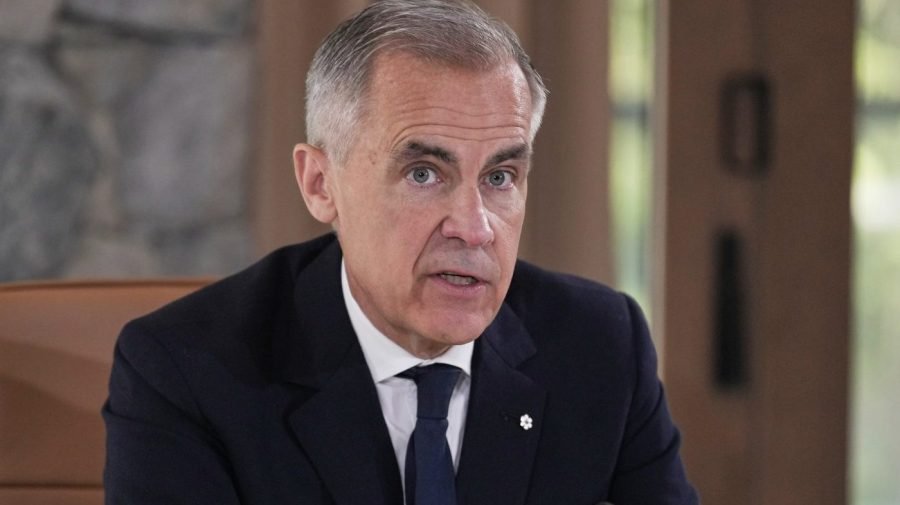
Canadian Prime Minister Mark Carney said early Friday that he is “disappointed” by President Trump’s decision to increase tariffs on his country to 35 percent but left open the door for a potential trade deal.
After weeks of negotiations with America’s northern neighbor, Trump decided to ratchet up levies on the country alongside sweeping new tariffs announced Thursday.
The president again cited what he claimed was a “flood” of fentanyl from the northern border, a statement not borne out by data from U.S. Customs and Border Protection (CBP). Carney’s efforts to recognize a Palestinian state also jeopardized talks, Trump said late Wednesday.
In his statement, Carney said Canada accounted for only 1 percent of fentanyl coming into the U.S. and that the country “has been working intensively to further reduce these volumes.”
“Canada’s government is making historic investments in border security to arrest drug traffickers, take down transnational gangs, and end migrant smuggling,” he wrote. “These include thousands of new law enforcement and border security officers, aerial surveillance, intelligence and security operations, and the strongest border legislation in our history.”
Trump’s updated tariff rate does not impact goods that are primarily manufactured in Canada, one of the provisions of the U.S.-Mexico-Canada (USMCA) agreement negotiated during his first term. Carney said that move would keep the country’s overall tariff rate low, among the lowest of all its foreign trading partners.
However, the Canadian prime minister said other sectors of the economy, including lumber, steel, aluminum and cars, would be significantly impacted, and that his government would explore protective measures.
“For such sectors, the Canadian government will act to protect Canadian jobs, invest in our industrial competitiveness, buy Canadian, and diversify our export markets,” he wrote.
Canada instituted retaliatory tariffs in March after Trump floated a 25 percent levy on steel and alumni, both significant Canadian imports. In his statement, Carney appeared to acknowledge that influencing the White House’s decisions might be beyond his reach.
“While we will continue to negotiate with the United States on our trading relationship, the Canadian government is laser focused on what we can control: building Canada strong,” the prime minister said.


